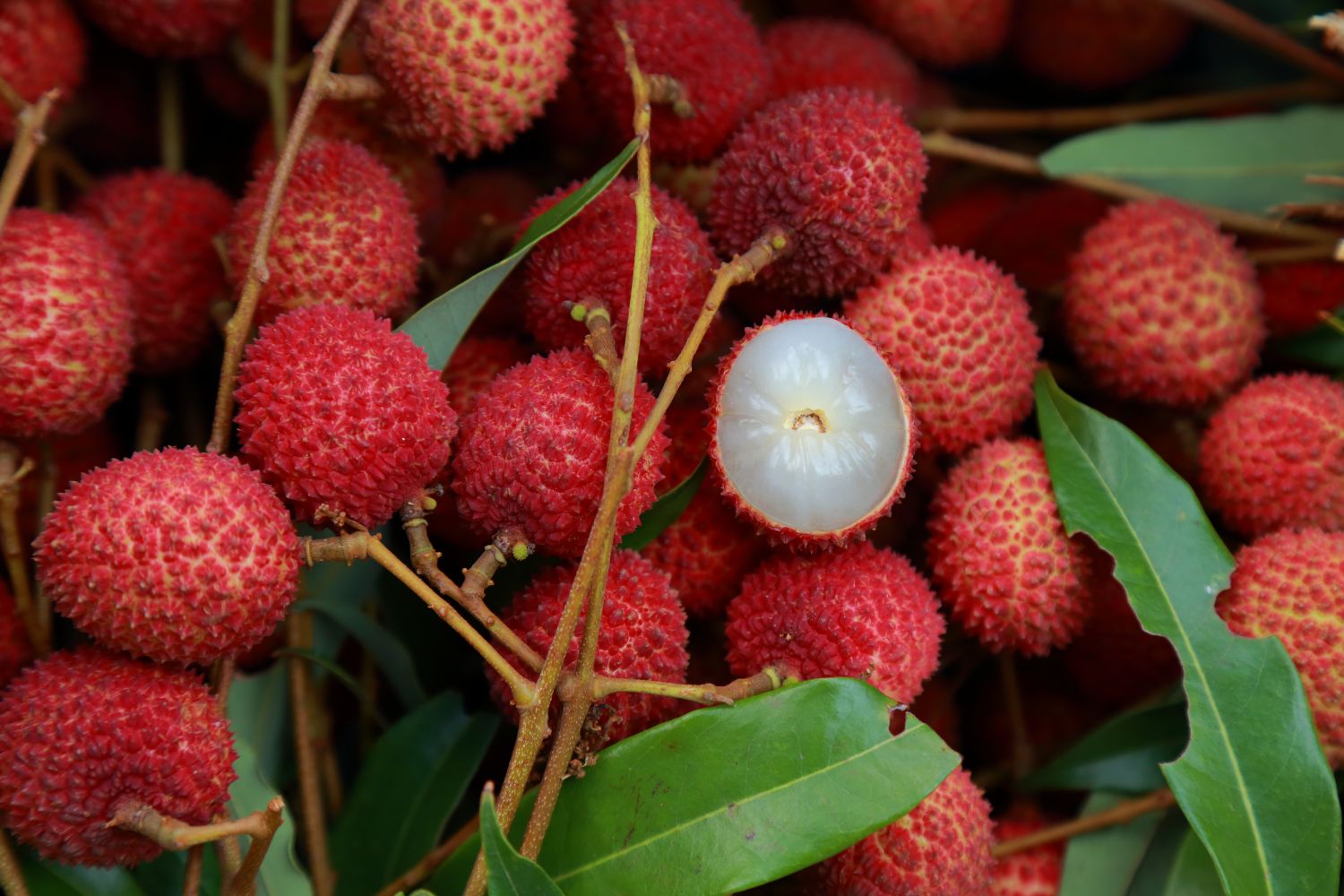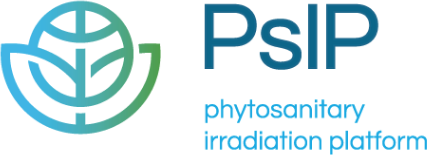
Nearly 100 tons of lychee exported to high value markets
According to Plant Protection Department (MARD), although it is just beginning of the season, amount of lychee exported from Vietnam to high-value markets has many positive signs.
Specifically, from June 3-7, nearly 100 tons of lychee were exported to Japan, Australia, UK and EU markets. In Japan alone, in just 3 days from June 4-7, nearly 40 tons of lychee were successfully exported.
The leader of Department of Industry and Trade of Bac Giang said that on June 15, Bac Giang lychee will be exported to the Australian market for the first time, about 3 tons.
Drawing experience from previous lychee crops, this year, under the guidance of the Plant Protection Department on phytosanitary and food safety requirements of each market, locality, producing households and exporting enterprises. Lychee exporters took initiatives in getting involved very early, carefully preparing export plans.
Amount of lychee exported to high-value markets is forecased to increase higher than previous years, contributing to overall victory of this year’s lychee crop.
However, although the market signal is quite good, the volume of lychee exported to difficult markets is still modest. In order for Vietnamese lychee to go far, there is still much work to be done.
Mr. Dang Phuc Nguyen – General Secretary of the Vietnam Fruit and Vegetable Association – said that when Vietnamese lychees are exported to world markets such as the US and EU, they often face strong competition with Chinese lychee.
According to the Vietnam Trade Office in the United States, Vietnamese lychee still has some obstacles to access the market for Vietnamese agricultural products and food in general and lychee in particular. There is no US standard irradiation facility located in the North.
Process from harvesting, transporting to consumers in the United States is still long, the packaging and preservation process has not met the standards, leading to easily damaged and discolored lychee fruits when they reach the supermarket shelves. Vietnam’s main competitors are China, Mexico has a lot of experience, wide distribution system, competitive prices, low shipping costs.
The United States and Australia are two markets that require lychees to be treated by irradiation. But for the Australian market, there are many advantages, when the irradiation and packaging of fabrics is done right at the Hanoi Irradiation Center.
The US market only accepts 2 facilities in Ho Chi Minh City and Long An that are eligible for irradiation and packaging. To export lychee to the United States, for many years, businesses have to transport from Bac Giang and Hai Duong to the South, so it is costly and time consuming, while lychee has a short crop.
Leaders of Plant Protection Department said that they are actively working with the Department of Animal and Plant Health Quarantine (APHIS) under the US Department of Agriculture so that the Hanoi Irradiation Center is recognized as eligible to irradiate lychees for export to this market.
Review the full news item: Link

